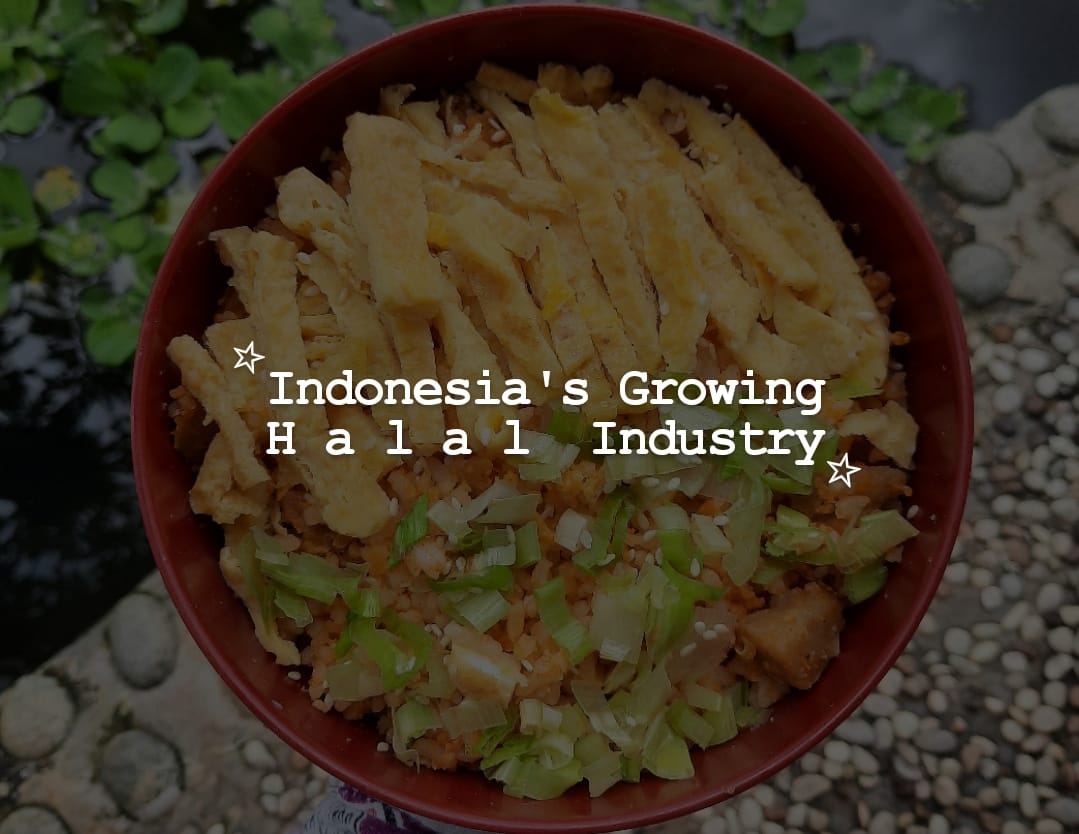The Halal industry is becoming increasingly popular in Indonesia, with the country being the largest Muslim-majority nation in the world. The term “Halal” refers to food, cosmetics, and other products that are permissible according to Islamic law. Halal certification ensures that a product meets the requirements of the Islamic faith and is considered pure, clean, and safe for consumption.
Indonesia’s halal industry is currently one of the fastest-growing in the world, with a market worth of over $200 billion. The country has a diverse range of halal products, including food, cosmetics, pharmaceuticals, and fashion. However, there are concerns that the industry is not being regulated properly, and that halal certification is being abused for financial gain.
The Indonesian government has been working to address these concerns by introducing a new halal law, which came into effect in 2019. The law requires all food, cosmetics, and pharmaceutical products to be halal certified before they can be sold in the country. The government hopes that this will help to improve the quality and safety of halal products, as well as boost the country’s economy by attracting more halal-certified products from overseas.
One of the key challenges facing the halal industry in Indonesia is the lack of standardization in the certification process. There are currently multiple halal certification bodies operating in the country, each with their own set of standards and requirements. This can lead to confusion and uncertainty for consumers, as well as making it difficult for businesses to navigate the certification process.
To address this issue, the Indonesian government has established the Halal Products Certification Agency (BPJPH), which is responsible for overseeing the halal certification process in the country. The agency is tasked with setting standards for halal certification and ensuring that all certification bodies comply with these standards. This will help to create a more standardized and transparent certification process, which should benefit both consumers and businesses.
Another challenge facing the halal industry in Indonesia is the issue of fraud and abuse of the halal certification system. There have been reports of companies falsely claiming to be halal certified, or using counterfeit halal certification logos to deceive consumers. This not only undermines the integrity of the halal industry but also poses a risk to public health and safety.
To combat this issue, the Indonesian government has introduced stricter penalties for companies found to be engaging in fraudulent halal certification practices. The new halal law also requires that all halal certification logos and labels be registered with the BPJPH, which should help to prevent counterfeit logos from being used.
The halal industry in Indonesia also faces competition from other countries, particularly Malaysia. Malaysia has been a leader in the halal industry for many years, with a well-established certification process and a range of halal products. Indonesian businesses will need to work hard to establish themselves in the global halal market and ensure that their products meet international standards.
Despite these challenges, there is a great deal of potential for the halal industry in Indonesia. The country has a large Muslim population and a rich cultural heritage, which provides a strong foundation for the development of halal products. The government’s commitment to improving the regulation of the industry and promoting halal certification should also help to boost consumer confidence and attract investment.
In conclusion, the halal industry in Indonesia is rapidly growing, with the potential to become a major player in the global halal market. However, there are challenges to be overcome, particularly in the areas of standardization and regulation. The Indonesian government has taken steps to address these issues, and it is hoped that this will help to create a more transparent and trustworthy halal industry. With the right support and investment, the halal industry in Indonesia could become a significant driver of economic growth and development.
Halimah Sa’diyah Robbani
Mahasiswa Hukum Ekonomi Syariah STEI SEBI


